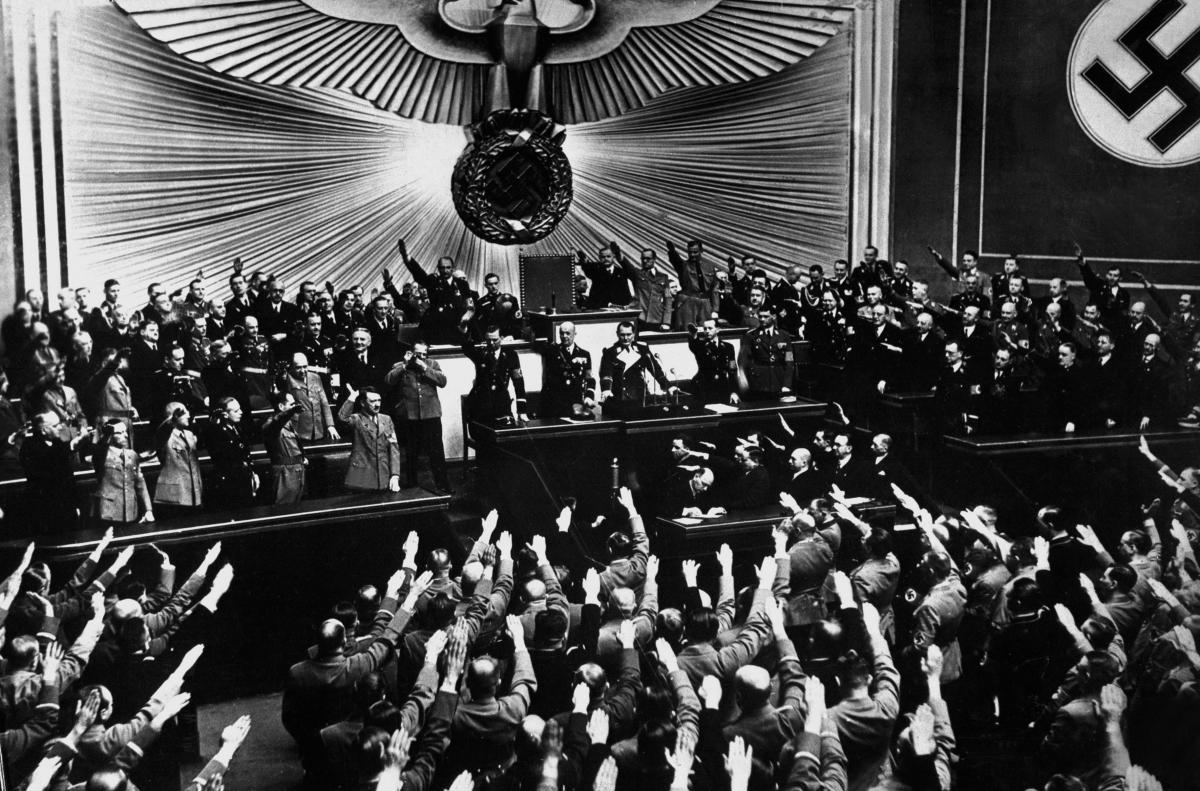World War II was not only a clash of armies, tanks, and planes; it was also a vast laboratory of medical and psychological experiments designed to push soldiers to the very limits of human endurance. Among the most controversial of these methods were stimulant pills handed out to German troops, known at the time as Pervitin—a compound closely related to methamphetamine, with effects strikingly similar to what we know today as Captagon.
In 1940, as Nazi forces swept through France, the Netherlands, and Belgium, Adolf Hitler’s strategy of “blitzkrieg” demanded lightning victories with minimal losses. Achieving that required something extraordinary: soldiers who did not need sleep, who could march and fight for endless hours without breaking down physically or mentally.
Enter Pervitin: small white tablets hailed by the German press as “miracle pills.” Military doctor Otto Ranke was among its staunchest advocates, describing the drug as a way to unlock hidden reserves of strength. Millions of doses were distributed to Wehrmacht elite units, allowing soldiers to stay awake for more than 48 hours straight, fighting without hunger or exhaustion.
But every miracle has a dark side. The same pills that gave soldiers short-term bursts of superhuman energy left them wrecked in the long run. Once the effects wore off, troops collapsed into total fatigue, hallucinations, and nervous breakdowns—sometimes spiraling into blind violence or suicide. Reports suggest that entire German units dependent on Pervitin later became unable to fight, trapped in addiction. Even pilots experimented on with the drug showed dangerous lapses in concentration once its effects subsided.
Ironically, Hitler himself was reportedly given methamphetamine as part of the daily cocktail of drugs administered by his personal physician, Theodor Morell. Some historians believe the dictator’s increasingly erratic decisions in the later years of the war were driven less by rational strategy and more by chemical intoxication.
Pervitin’s story did not end in 1945. This toxic military legacy resurfaced in later conflicts, where militant groups turned to Captagon pills to boost stamina and blunt fear. Over time, Captagon spilled out of battlefields into the black market, morphing into a multibillion-dollar illicit trade that fuels addiction, psychological collapse, and social decay across entire generations.
The saga of Nazi “wonder drugs” shows how war reshapes not only borders and politics but human beings themselves. Hitler and his generals tried to engineer super-soldiers through chemistry. What they created instead were broken bodies and shattered minds.
Today, Captagon carries that same destructive tale forward—but on a harsher, global scale. What began as a tool of military madness has become a cross-border criminal enterprise, consuming societies and burning away their future.
Please post your comments on:
[email protected]
 Politics
Politics













